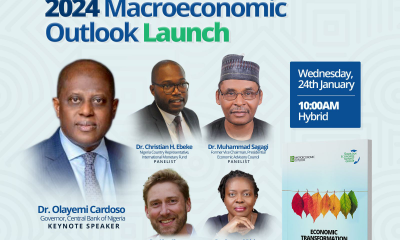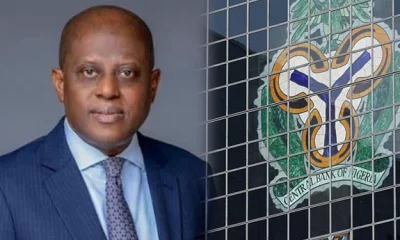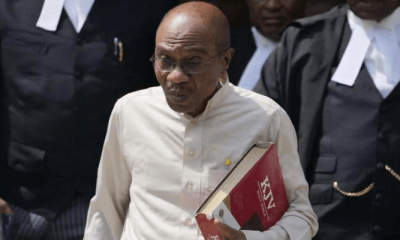The International Monetary Fund (IMF) says Nigeria’s inflation will remain in the double digits in 2018, contrary to what the Governor of the Central Bank of Nigeria (CBN), Godwin Emefiele had projected sometimes ago.
Emefiele, governor of the Central Bank of Nigeria (CBN), had expressed hopes that inflation would hit single digit in 2018. “We are very optimistic that food prices will come down, and as they come down it will help to complement the reduction in core inflation,” he said onOctober 27.
“We are hoping that by the middle of next year we should begin to approach the high single digits.”
But in the April edition of its World Economic Outlook unveiled on Tuesday at the ongoing Spring meetings in Washington DC, the Bretton Wood institution projected that Nigeria’s inflation will remain in the double digits in 2018.
“Inflation in sub-Saharan Africa is projected to moderate slightly in 2018 and 2019 but is expected to remain in double digits in key large economies, reflecting the pass-through effects of currency depreciation and their impact on inflation expectations (Angola), supply factors, and assumed monetary policy accommodation to support fiscal policy (Nigeria),” the report read.
Addressing journalists at the meetings, Maurice Obstfeld, IMF’s chief economist, said things did not look too good for the global economy beyond 2020.
He said Nigeria’s economy might not be so lucky despite the growth projections from various quarters. “Emerging and developing economies present a diverse picture, and among those that are not commodity exporters, some can expect longer-term growth rates comparable to pre-crisis rates,” he said.
“Many commodity exporters will not be so lucky, however, despite some improvements in the outlook for commodity prices. Those countries will need to diversify their economies to boost future growth and resilience.”
The report attributed Nigeria’s growth projection to improved revenue and foreign exchange availability.
“In Nigeria, the economy is projected to grow 2.1 percent in 2018 and 1.9 percent in 2019 (up from 0.8 percent in 2017), reflecting improved oil prices, revenue, and production and recently introduced foreign exchange measures that contribute to better foreign exchange availability.”

 Football1 week ago
Football1 week ago
 Health & Fitness2 days ago
Health & Fitness2 days ago
 Featured5 days ago
Featured5 days ago
 Comments and Issues1 week ago
Comments and Issues1 week ago
 Education6 days ago
Education6 days ago
 Business6 days ago
Business6 days ago
 Crime6 days ago
Crime6 days ago
 Business5 days ago
Business5 days ago












